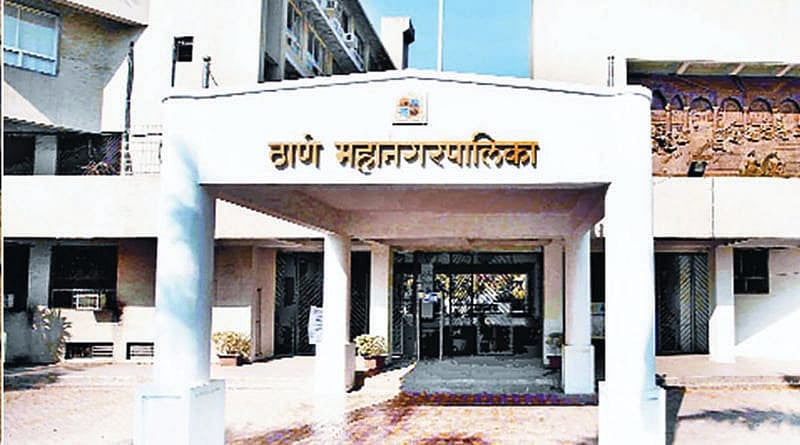A few years ago, the United Nations had decided to mark October 2, the birth anniversary of Mahatma Gandhi, as International Day of Non-Violence. I was doing a story on this, and called up Mani Bhavan to know what they felt about the UN’s decision. I remember the person on the other end telling me it didn’t matter. “As long as people practice Gandhi’s teachings, we don’t really care what the United Nations says,” he said with a laugh.
However, I doubt the Mani Bhavan person speaking to me all those years ago will be too happy after a Gandhi statue was vandalised outside the Indian Embassy in Washington DC. The desecration was reportedly done by black lives matter protestors in the aftermath of the murder of George Floyd at the hands of a Minnesota police official.

General buzz on social media, particularly from critics, is that Gandhi’s racism resulted in the desecration of the statue. However, no official statement has been issued on the reason behind the vandalism. Notably, last year, Ghana University ‘banished’ a Gandhi statue because of his past writings where he called black people ‘troublesome, very dirty, and live like animals.’
While people in the 21st Century have been critical of Gandhi’s statements, one should also note that he lived in South Africa between 1893 when he was 21 years old and returned when he was 42, in 1914. According to Historian Ramachandra Guha, who spoke to NPR last year, Gandhi outgrew his racism quite decisively, and for most of his life as a public figure, he was an anti-racist, talking for an end to discrimination of all kinds

In the 1920s, five years after he returned to India, Gandhi was an advocate of the caste system. In 1921, he wrote in his journal Navajivan, “[I]f Hindu Society has been able to stand, it is because it is founded on the caste system”. While being an admirer of the caste system, he believed that there should be no hierarchy between castes and that all castes should be considered equal.” Calling the caste-system an ‘organic whole’ of Hinduism, Gandhi even said that the caste system was like the functioning of the human body i.e. one could not do without the other. However, a decade later, his thoughts on the caste system did a 180-degree shift after he saw the way Dalits were treated.
Unfortunately, nothing much has changed in the attitude towards both black people and Dalits in the past few decades, but going after Gandhi makes little sense.
In all fairness to Gandhi, he was a product of the times he was raised in. He was born over 150 years ago, at a time when apartheid was a norm in South Africa; black people had no rights, despite being a majority. Apartheid ended in the 1990s, a little over 40 years after his death. While his early writings do suggest that he had racial biases, by the time he left in 1914, he was on excellent terms with the black community, including John Dube, the president of the movement that became the African National Congress, as files from the University of Cape Town has revealed.
Relying on accounts written by Betty Molento, a South African British activist for civil rights and women’s rights in South Africa, as well as a suffragist, and a close friend of Dube
In a letter dated December 3, 1913, Molteno wrote: “Had a talk out with Dube . . . he says the Indian cause is the native cause — that the Indians are leading the way — showing them the way to strike — should that become necessary.”
A Financial Times article said, “This could not have happened if he regarded Gandhi as a racist. Dube was not easily won over to the Indian cause; he had previously made strongly anti-Indian statements. Now he was keen to be kept informed of Gandhi’s campaign. It would have been unthinkable for the president of South Africa’s main African political party to participate in this way if he had believed Gandhi had racist views about Africans. In truth, Gandhi’s attitudes towards Africans had been transformed.”
And if people are vandalising Gandhi’s statues for being racist, they should also think of former American President Thomas Jefferson’s statement that ‘all men are created equal’ when he wrote the Constitution of the United States in 1776. In 2020, that statement is almost Orwellian, given that Jefferson did keep slaves.





